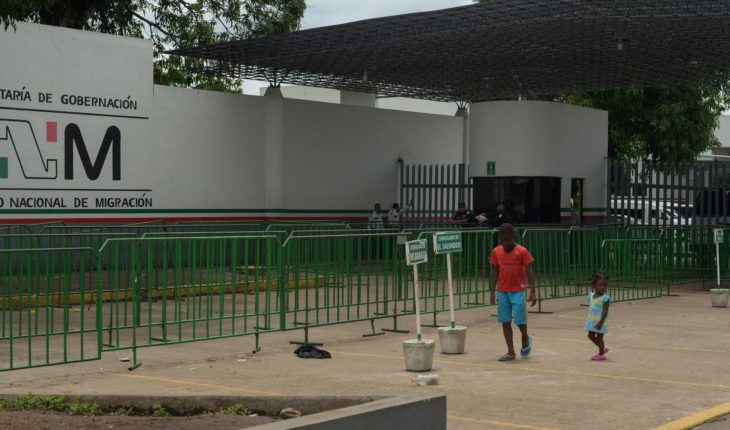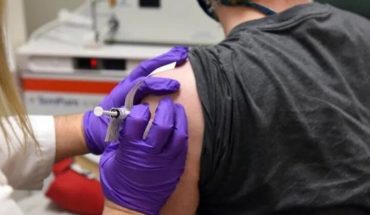The National Migration Institute (INM) ensured that the human rights of the people who remain there are not violated the immigration stations, as a Mexican student who posed as a Central American migrant did not be violated within the immigration stations, as a Mexican student who posed as a Central American migrant did not be violated.
Sweet Susana Jacobo Cruz, 27, narrated to Animal Político various violations of the rights of migrants in the immigration station El Anexo, which the INM enabled in the Industrial City of Villahermosa, Tabasco.
In an information card, the INM noted that the young woman entered the immigration station by her will and at no time identified as a Mexican student. This is the full answer of the INM:
With regard to the student who declared to the media that she had posed as a migrant of Honduran nationality to carry out research work inside the immigration stations, the National Migration Institute reports that:
1.- Acts in compliance with the Migration Law and its Regulations.
2.- The staff of the Institute do not have instruments that cause physical harm to people, or to subdue them. As for the personnel of the National Guard and State Police who are in protection of the facilities, they do not have electroshock devices nor are they allowed to carry firearms when they are close to foreigners housed in the immigration stations.
3.- In accordance with current legislation, each foreigner with irregular immigration status is carried out with an Administrative Immigration Procedure in which his legal status is determined. In the meantime, it must remain in the stations or migration stays and their personal objects are kept in the care of the INM, in order to preserve the very security of foreigners. They are given a return receipt when leaving the premises.
4.- When entering a migration station they are informed about the rights and obligations that come with their stay, they are made aware about the possibility of applying for shelter. In case you do not express this need for protection, consular notification is carried out. People can make calls at certain times through secure lines provided by the Institute itself.
5.- The immigration authorities informed the members of the caravan that arrived at El Ceibo in Tenosique, Tabasco about the possibility of staying in a hostel or immigration station, where they would have decent spaces for rest, baths, showers and food, while defining their legal status, which could lead to regularization, assisted return and / or access to work in Mexico or in their countries of origin.
6.- In the case of the student, she herself means posing as a foreigner in order to enter the immigration station, so she was treated the same as a foreigner, with full respect for her human rights.
7.- At no time was she identified as Mexican, or submitted any document to prove it, so the authorities do not have student papers. He voluntarily entered under the care of the immigration authority on two occasions, once in El Ceibo and once in Villahermosa.
8.- The student never reported ill-treatment or human rights violations to the foreign office of the National Commission on Human Rights she attended while outside the el Ceibo station and prior to voluntarily entering Villahermosa’s station for a second time.
9.- Staff of the Welfare Secretariat, the National Commission on Human Rights, National Civil Protection and UNHCR were present in the procedure for receiving the caravan. As a regular, the CNDH maintains constant visits to each of the rooms.
What we do in Animal Político requires professional journalists, teamwork, dialogue with readers and something very important: independence. You can help us keep going. Be part of the team.
Subscribe to Animal Politician, receive benefits and support free journalism.#YoSoyAnimal
translated from Spanish: INM responds to student complaint about immigration stations
January 27, 2020 |





